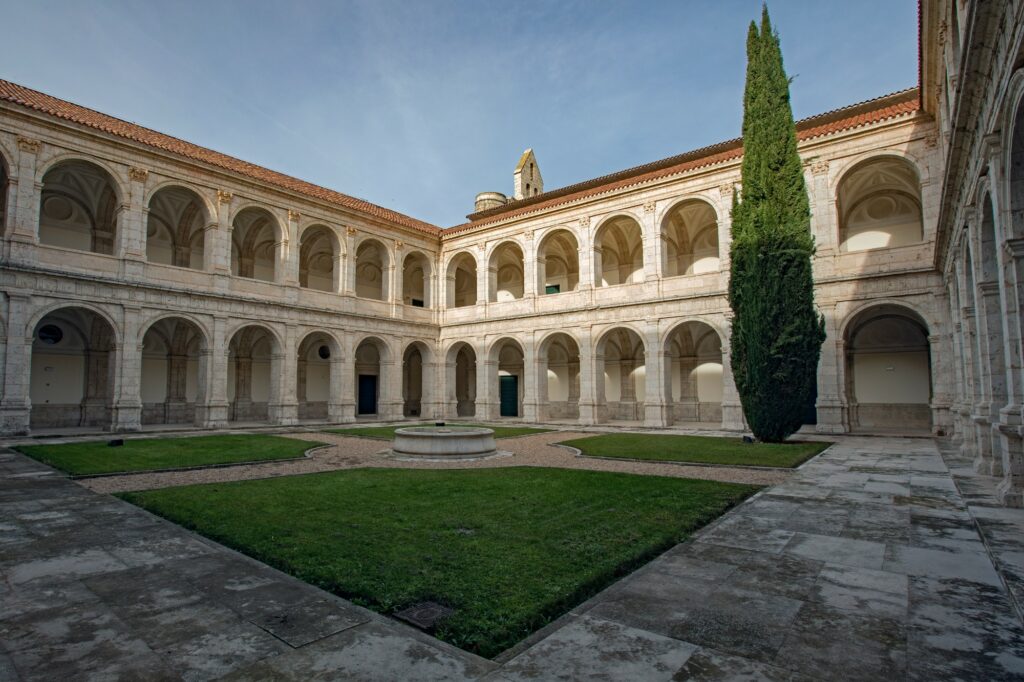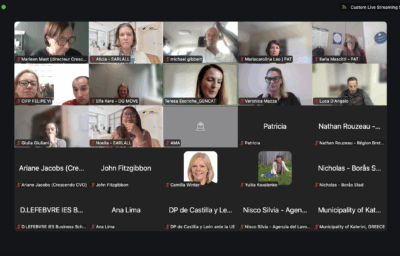Castilla y León

Castilla y León is an autonomous community situated in northwestern Spain. It is characterized by its vast territorial extension, its cultural diversity and its rich history. The region has 9 provinces (Ávila, Burgos, León, Palencia, Salamanca, Segovia, Soria, Valladolid and Zamora), and its population is approximately 2,4 million inhabitants. With an economy centered on sectors such as agriculture, livestock, tourism, and industry, it is also known for its strong educational tradition and its valuable cultural heritage.
The region’s education system is aligned with the Spanish government’s education policies. However, our region has the capacity to legislate and establish norms, starting from a basic structure defined by the State.
Our education system is one of the most widely recognised systems in Europe and a benchmark at the national level. In fact, we are the autonomous community that has achieved the best results in the latest PISA reports, standing out in mathematics, reading and science skills, and occupying the first places in these areas.
The Ministry of Education of Castilla y León is in charge of managing the educational structure, which covers all levels, from early childhood education to university.
Early childhood education is accessible at all levels, and primary education is compulsory and free from 6 to 12 years of age. Secondary education is also compulsory between the ages of 12 and 16. Students have the option of pursuing either a Bachelor’s degree or vocational training, with the flexibility to align their studies with their interests and career aspirations.
The region is home to over 400,000 students in non-university education.
The Directorate-General for Vocational Training is the body responsible for the management and organisation of the training offer of Vocational Training cycles in Castilla y León and of special education (adult education, language teaching, artistic, sports and musical education)
In terms of Vocational Education and Training, Castilla y León has an extensive network of more than 200 educational centres that offer training cycles at three levels: Basic Vocational Training, Intermediate Vocational Training and Higher Level. The region offers 151 different qualifications in 22 professional families, allowing young people a wide variety of options for their training. In the current academic year, more than 47,000 students are enrolled in VET programs, distributed throughout the community, which facilitates their access to the labour market.
In addition, Castilla y León has developed lifelong learning programmes that allow the population to access training in different areas, which favours social inclusion and adaptation to changes in the labour market. In addition, there are continuing vocational training programmes that facilitate professional updating and further training both in urban centres and in classrooms in rural areas
The region is making progress in promoting inclusive education. Schools are committed to creating accessible environments for all students, providing support and resources to ensure equal opportunities.
The Autonomous Community of Castilla y León actively participates in various international projects, especially through European programmes such as Erasmus+, which facilitate the mobility of students and teachers. Furthermore, the region has a growing interest in strategic alliances that strengthen cooperation with other European regions in the field of education.
In Castilla y León, there is a commitment to digitalisation and educational innovation. Educational institutions in the region are implementing new technologies to improve teaching, and this is complemented by teacher training projects.
Our commitment to innovation, inclusion and vocational training offers a solid basis to contribute to the development of educational policies and projects in the European context, fostering mobility, the exchange of good practices and the strengthening of transnational cooperation.



